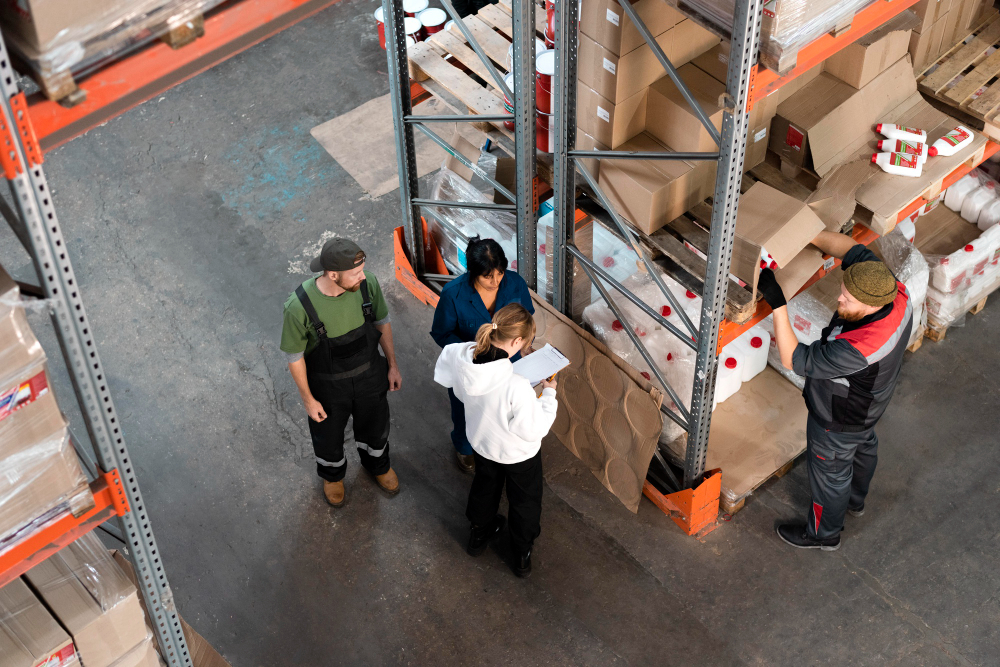Customs Clearance

Custom Clearance Services
Custom clearance in India is a critical process in international trade, ensuring that goods entering or leaving the country comply with all regulatory requirements and are properly documented. The process involves various steps and interactions with customs authorities to facilitate the legal import and export of goods.
Benefits of Custom Clearance
Custom clearance offers several benefits that are essential for smooth international trade and compliance. These benefits include:
Ensures that all imports and exports comply with Indian laws, regulations, and international trade agreements. This helps businesses avoid legal issues and penalties.
Revenue Generation
Customs duties and taxes collected during the clearance process contribute significantly to government revenue, which is used for public services and infrastructure development.
Trade Facilitation
Streamlined customs processes facilitate faster movement of goods, reducing delays and improving the efficiency of the supply chain. This is crucial for businesses, especially those dealing with perishable goods or just-in-time inventory systems.
Safety and Security
Customs checks help prevent the import and export of prohibited or hazardous goods, ensuring the safety and security of the nation and its citizens.
Economic Growth
Efficient customs clearance processes promote international trade, attracting foreign investments and boosting economic growth.
How it works?
01 . Documentation Preparation
Importers and exporters must prepare and submit various documents, including the Bill of Entry (for imports) or Shipping Bill (for exports), commercial invoice, packing list, bill of lading/airway bill, import/export license, and any other relevant permits or certificates.
02 . Submission of Documents
Documents are submitted to the Indian Customs Electronic Data Interchange (EDI) system, which facilitates the electronic filing and processing of customs declarations.
03 . Verification and Assessment
Customs officials review and verify the submitted documents to ensure accuracy and compliance. They assess the value of goods, determine the applicable duties and taxes, and verify if any exemptions or concessions apply.
04 . Physical Inspection
In some cases, customs officials may conduct a physical inspection of the goods to verify the declared contents, check for contraband or prohibited items, and ensure compliance with safety and health regulations.
05 . Duty Payment
Importers/exporters are required to pay the assessed customs duties and taxes. Payment can be made electronically through the EDI system or at designated banks.
06 . Customs Clearance
Once all checks are completed and payments made, customs officials grant clearance for the goods. The importer/exporter receives a clearance certificate, allowing them to move the goods from the customs area to their final destination.
07 . Post-Clearance Audit
Customs authorities may conduct post-clearance audits to ensure ongoing compliance with regulations and verify the accuracy of declarations and duty payments.

